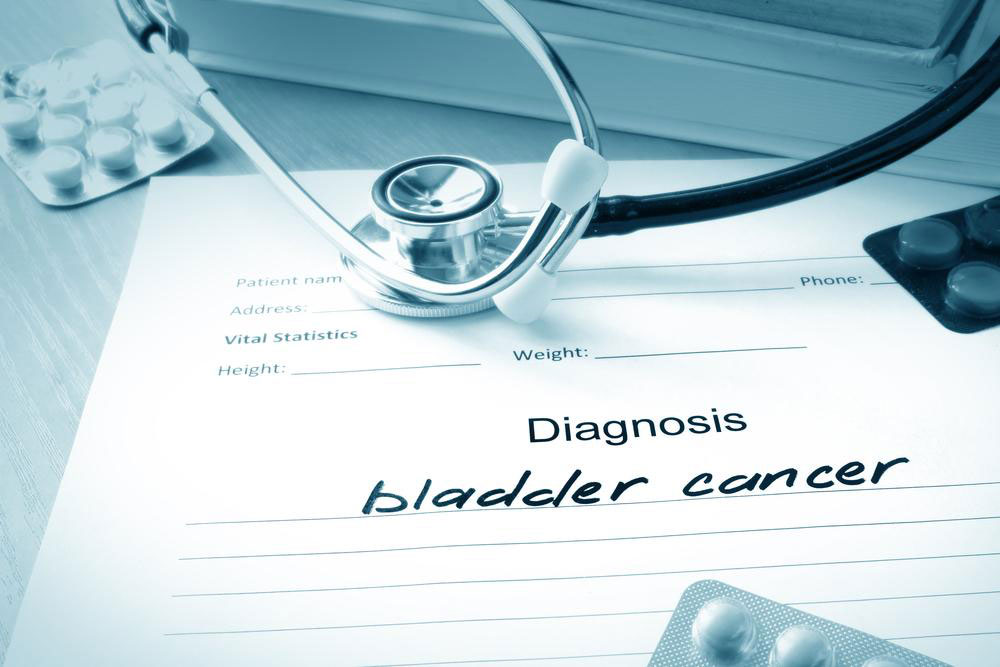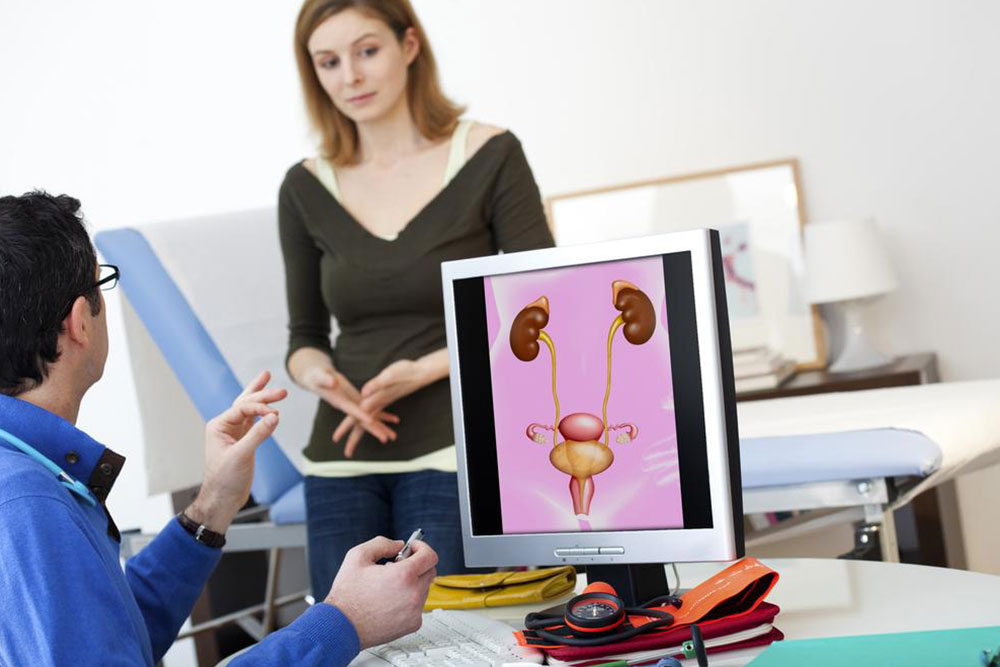Comprehensive Post-Treatment Care for Bladder Cancer Patients: Essential Strategies for Better Outcomes
This comprehensive guide offers crucial post-treatment strategies for bladder cancer patients, emphasizing medication adherence, regular follow-ups, managing side effects, and early detection of recurrence. Adopting these practices can improve prognosis and overall quality of life after treatment. The article covers tailored follow-up plans, managing long-term effects, and vital symptoms to watch for, providing valuable advice for survivors and caregivers to navigate the post-treatment journey effectively.

Comprehensive Post-Treatment Care for Bladder Cancer Patients: Essential Strategies for Better Outcomes
Bladder cancer, a prevalent malignancy affecting the bladder, poses significant health challenges worldwide. The bladder, situated in the lower abdomen, plays a crucial role in storing urine before elimination. When cancer develops in this organ, it can grow stealthily, often going unnoticed until symptoms emerge. Early detection and intervention are vital, significantly increasing the chances of successful treatment and long-term remission. However, managing bladder cancer doesn't end with primary treatment; it requires diligent follow-up and adherence to specific post-treatment strategies to prevent recurrence, manage side effects, and maintain quality of life.
Understanding the Importance of Post-Treatment Strategies
Once the initial treatment phase—such as surgery, chemotherapy, or radiotherapy—is completed, the focus shifts to comprehensive post-care management. This period is critical for monitoring potential cancer recurrence, addressing side effects, and ensuring overall physical and emotional well-being. Proper post-treatment strategies can markedly improve survival rates, minimize complications, and support patients in returning to their daily routines with confidence.
Key Post-Treatment Recommendations for Bladder Cancer Patients
Strict adherence to medication protocols: It is imperative to follow prescribed medication regimens meticulously. This includes timing, dosage, and frequency, which are crucial in preventing recurrence and managing side effects. Always keep medications stocked to avoid missed doses, and consult your healthcare provider if you experience any issues or lack of improvement.
Careful management of chemotherapy and radiotherapy: Chemo- and radiotherapy are common treatments that may cause side effects like fatigue, nausea, or skin reactions. Consistently taking treatments as scheduled helps reduce these effects. Communicate any discomfort or adverse reactions promptly to your healthcare team for adjustments or supportive care.
Personalized follow-up and health record maintenance: Developing a tailored follow-up plan is essential. This plan should include regular check-ups, imaging scans, lab tests, and physical examinations tailored to your specific cancer stage, treatment modality, and individual health status. Maintaining detailed records aids in early detection of any recurrence or new health issues.
Monitoring for signs of cancer recurrence: Bladder cancer has a propensity to recur, sometimes subtly. Vigilance includes monitoring for symptoms such as blood in urine, pain, or urinary changes. Routine cystoscopies and imaging tests are vital to detect any small, unseen tumors before symptoms manifest.
Addressing long-term physical and emotional effects: Post-treatment, many survivors experience persistent physical issues like urinary incontinence, sexual dysfunction, or fatigue, as well as emotional challenges including anxiety, depression, or fear of recurrence. Specialized support and therapy can help manage these long-term impacts effectively.
Regular communication with healthcare providers: Open dialogue with your medical team is essential. Avoid hesitating to report new symptoms or concerns such as persistent pain, urinary issues, or mental health struggles. Routine examinations, laboratory tests, and imaging scans are key components of ongoing surveillance and care.
Effective Strategies for Follow-Up Visits
During follow-up appointments, be proactive in reporting any health changes. Common issues to discuss include:
Persistent or new pain episodes
Urinary problems such as difficulty, frequency, or incontinence
Sexual health concerns and changes in intimacy
General fatigue, weakness, or concentration difficulties
Mental health issues like anxiety, depression, or emotional distress
Detection of other medical conditions or secondary cancers
Staying informed and engaged in your post-treatment care enhances the chances of early intervention for any issues, thereby improving overall prognosis and quality of life.
In conclusion, post-treatment management for bladder cancer is a multifaceted process that requires careful attention, regular monitoring, and proactive communication with healthcare professionals. By following these essential strategies, patients can better control their health, prevent recurrence, and return to living fulfilling lives with confidence.




